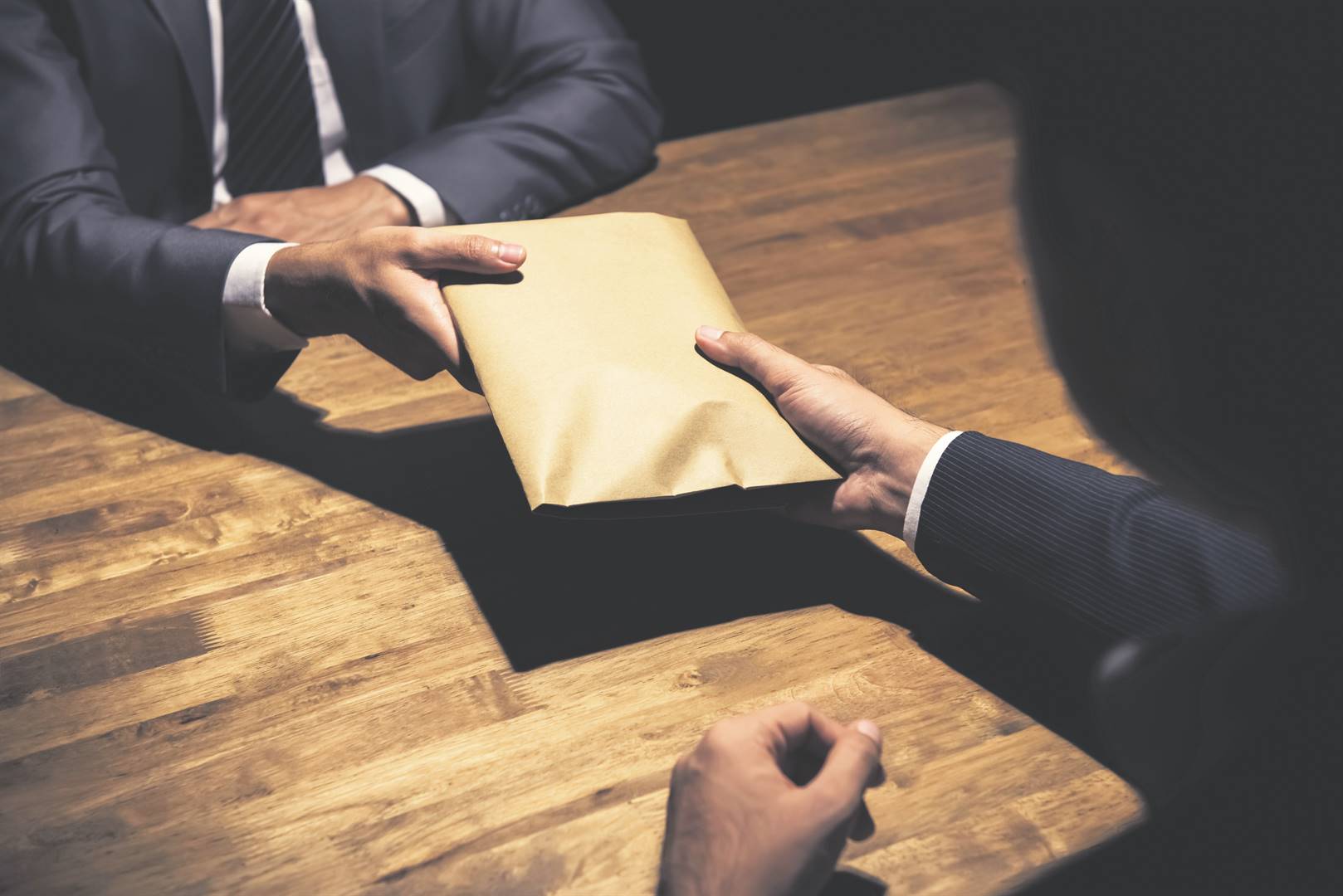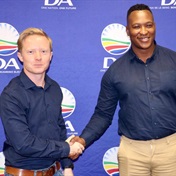
How do the actions of whistleblowers differ from those of rescuers asks Liezl Groenewald. She writes whistleblowers act to save not just individuals' lives but the lives of their organisations by exposing conduct that could harm their reputation and sustainability.
Despite all the good humans do, humanity is in trouble. We just have to watch the news to realise that needless suffering seems unavoidable, from violent protests and mob justice to murder, pandemic levels of corruption, and extreme levels of poverty. The feeling of powerlessness appears to be increasing, and despondency is setting in. But are we genuinely powerless? Is it not within our individual power, instead of being mere bystanders, to become upstanders?
On 28 August 2023, News24 reported that an unknown bystander helped rescue two men swept off a harbour wall in Cape Town. The man, identified only as Brandon, jumped into the water with a National Sea Rescue Institute (NSRI) pink rescue buoy to assist the men. Brandon chose to remain anonymous after playing a significant role in rescuing them from death.
On 10 May 2023, a 13-year-old boy in Michigan named Owen Burns used a slingshot to launch a marble at his 8-year-old sister's would-be kidnapper. On why he did it, he stated that he just had to do it, "Cause if I didn't… she would’ve been taken away or … worse." Owen's brave act earned him unexpected rewards, and he expressed:
Numerous examples exist of people who, despite endangering themselves, "just do it." They are rightfully hailed as heroes, rescuers, and saviours. These individuals choose to be active upstanders and not passive bystanders. They demonstrate courage, and their acts of bravery are altruistic, aimed at saving the lives of others.
This raises the question: how do the actions of whistleblowers differ from those of such rescuers? Whistleblowers act to save not just individuals' lives but the lives of their organisations by exposing conduct that could harm their reputation and sustainability. Some whistleblowers choose to reveal their identities, while others, like Brandon, prefer to remain anonymous.
Whistleblowers are, in essence, upstanders. They possess confidence in their judgment and believe their actions will make a difference. They are more likely to do the right thing because they take the time to stop and think before acting. They are the opposites of bystanders who prefer to look the other way in the hope that someone else will act. The concept of the bystander effect was popularised by social psychologists Bibb Latané and John Darley following the infamous 1964 murder of Kitty Genovese in New York City. At the time, it was reported that 38 neighbours failed to step in to assist or call the police as the 28-year-old woman was stabbed to death outside her apartment. While the details of the case were disputed 40 years later, it shocked the US and signalled a troubling cultural shift.
Consequences
Latané and Darley identified two factors contributing to the bystander effect: diffusion of responsibility and social influence. The perceived diffusion of responsibility means that the more onlookers there are, the less personal responsibility individuals will feel to act. Social influence means that individuals monitor the behaviour of those around them to determine how to act.
According to the Institute of Business Ethics in the UK's 2021 Ethics at Work Survey, 38% of employees in corporate South Africa who knew of wrongdoing in their organisations did not report it out of fear of being seen as troublemakers by management. Another 21% believed the organisation already knew about it (social influence), and 15% felt it was none of their business (diffusion of responsibility).
Let's examine Brandon's actions in light of these reasons. Brandon could have reasoned that he should wait for the NSRI to arrive, like others, fearing that he might inadvertently harm the two men and be accused by authorities. He might have assumed that someone in the crowd had already contacted the authorities or would jump in to help. Alternatively, he could have chosen to walk away, leaving the men to fend for themselves. If Brandon had chosen to be a bystander, waiting for others to act, the outcome could have been tragic. Similarly, being a bystander when aware of harmful activities in an organisation could have dire consequences for the organisation and its stakeholders.
The intervention of upstanders is often the only reason why wrongdoing such as corruption, violence, bullying, and fraud cease. Organisations can defuse the social and behavioural paralysis of the bystander effect by increasing awareness of the detrimental effects of wrongdoing and offering training on how and where to blow the whistle. To alleviate the fear of victimisation, management must be trained in confidentially handling whistleblower reports and protecting the reporter's identity. Similarly, employees must be educated on measures they can take to protect themselves from retaliation.
Upstanders are heroes, saviours, and rescuers. They worry less about the consequences of helping and more about the example they set for future generations. When confronted with a situation that feels wrong, their emotional instincts drive them to make wiser choices about what to do next. They become a Brandon or an Owen.
As a dear friend and well-known whistleblower said, referring to Brandon and Owen: "All these we accept as natural and 'lucky'. And we accept them for what they are. But when someone reports wrongdoing, somehow, we want to complicate it into something highly complex. Whistleblowing is whistleblowing. It is the act of seeing something wrong and acting on it. Making it known in order to address it, Brandon-style. If you can, you will."
- Dr Liezl Groenewald is with The Ethics Institute
*Want to respond to the columnist? Send your letter or article to opinions@news24.com with your name and town or province. You are welcome to also send a profile picture. We encourage a diversity of voices and views in our readers' submissions and reserve the right not to publish any and all submissions received.
Disclaimer: News24 encourages freedom of speech and the expression of diverse views. The views of columnists published on News24 are therefore their own and do not necessarily represent the views of News24.




 Publications
Publications
 Partners
Partners
























